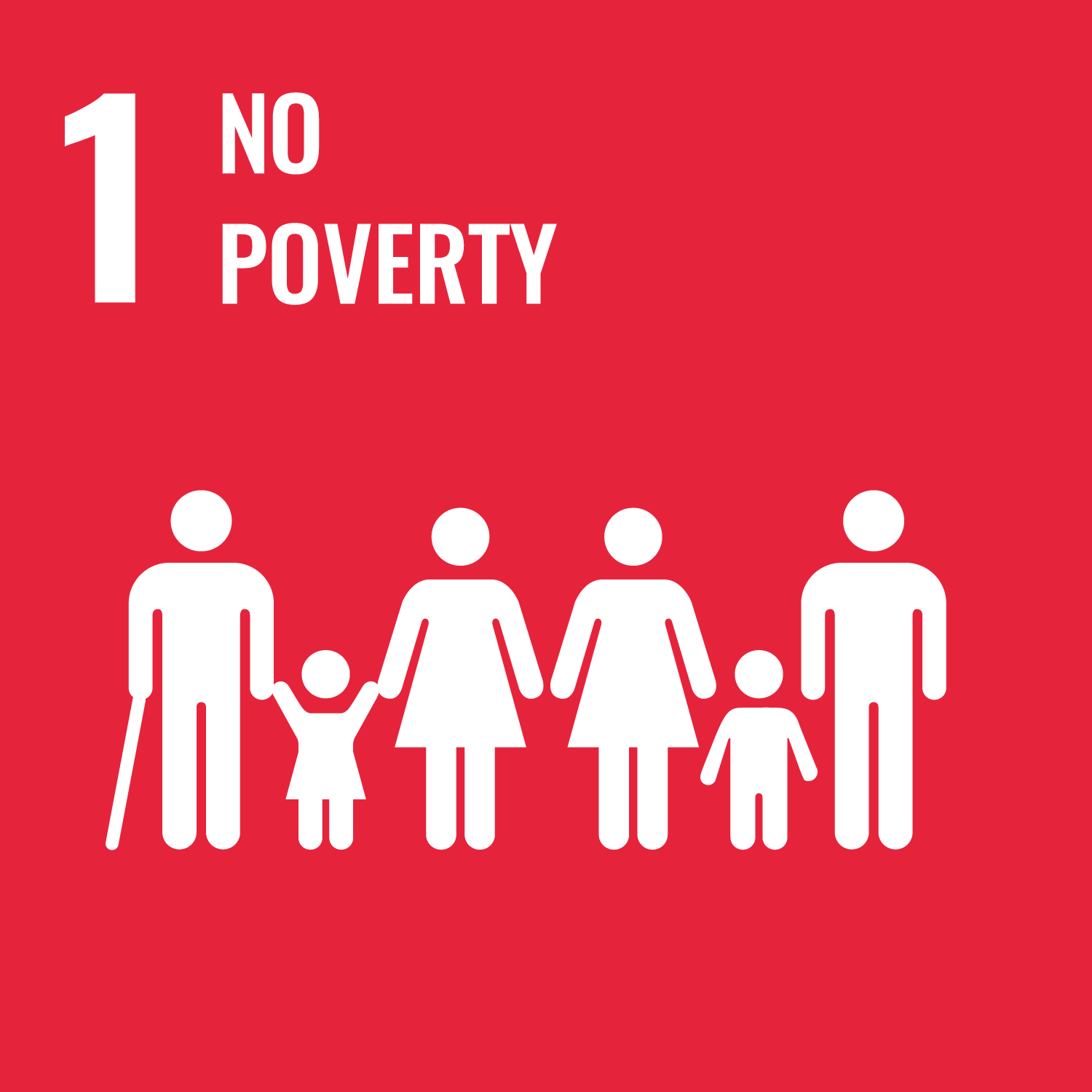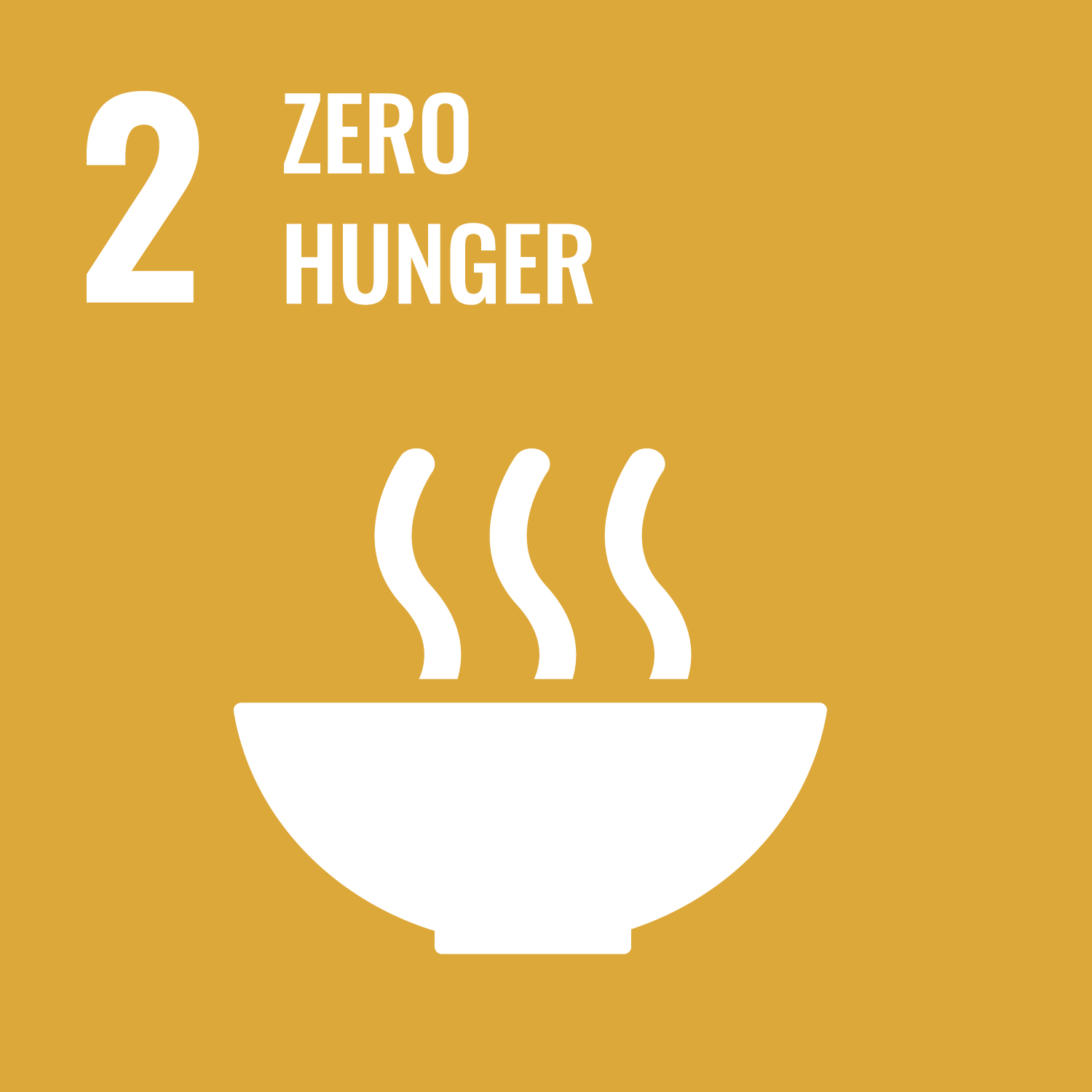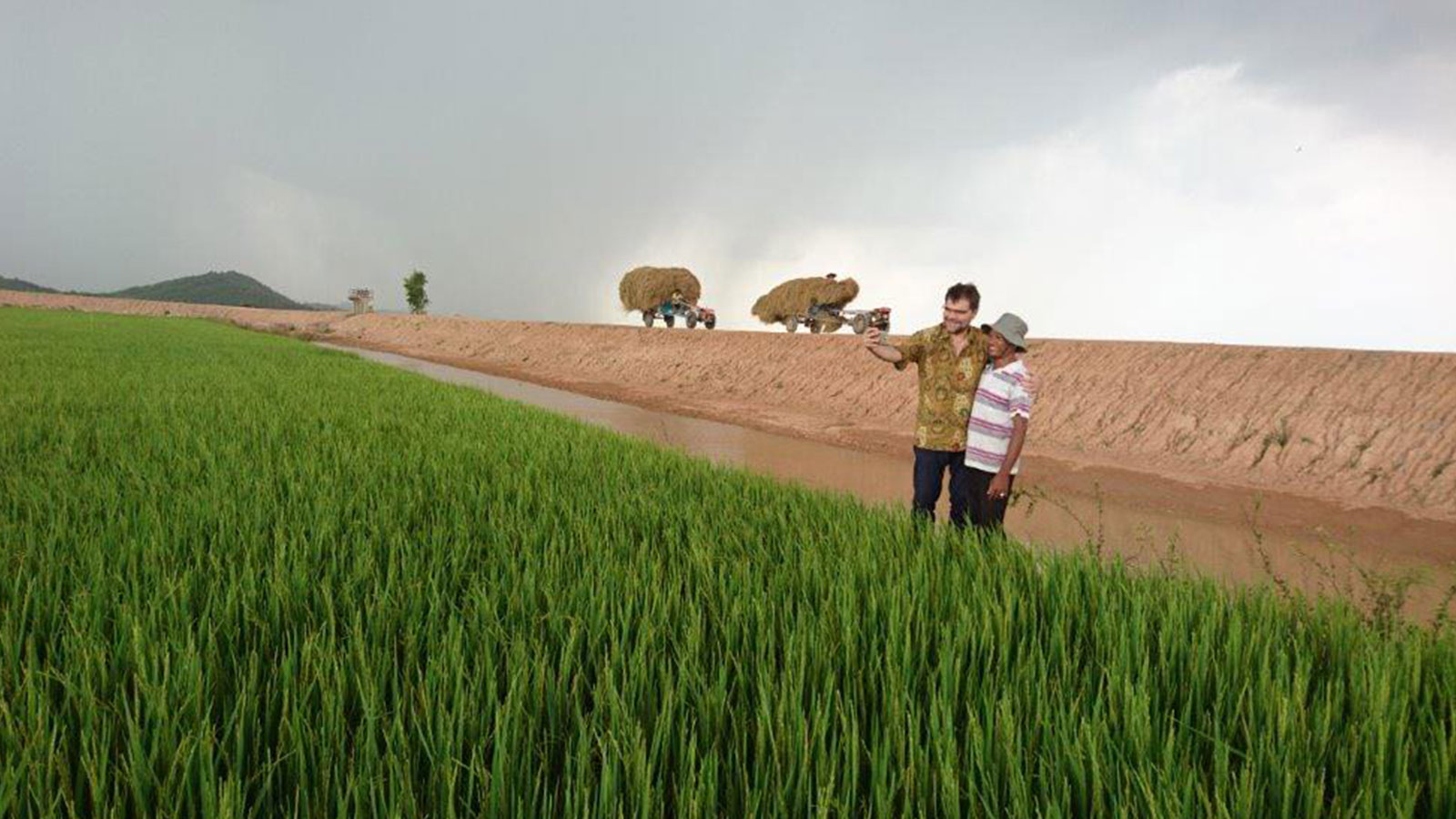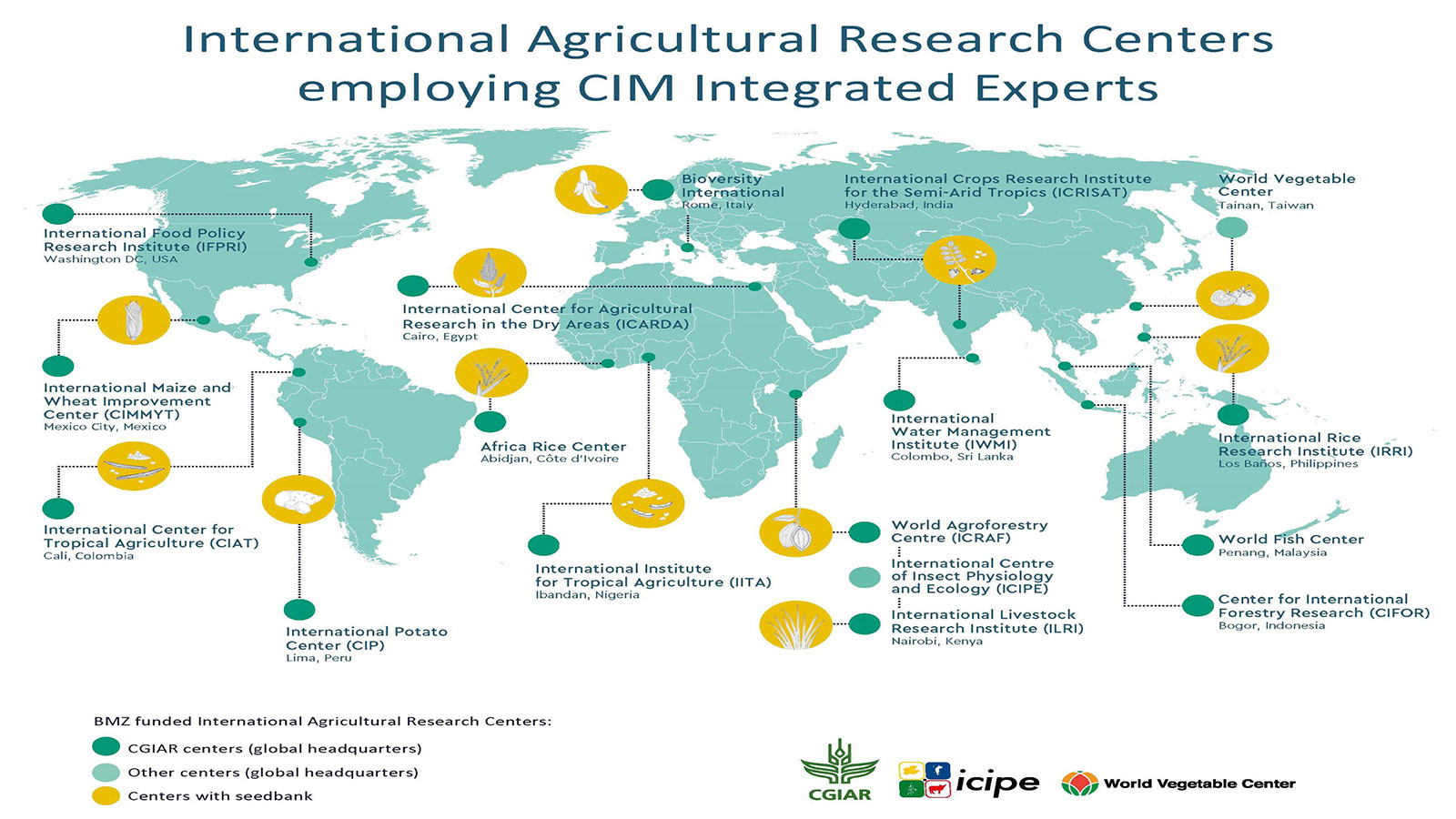Fund to promote personnel development cooperation with partners in international agricultural research – PIAF

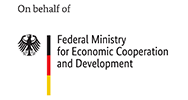

OBJECTIVES
The partners of international agricultural research have the necessary human resources and partnerships to develop and disseminate agricultural innovations for resource-efficient farming.
DESCRIPTION
The challenges facing the global agricultural and food sector remain numerous and complex. Despite regional successes in combating hunger and poverty, the number of undernourished and malnourished people is increasing worldwide. Agricultural production is affected by many factors. Fertile soil is being lost through erosion, construction and inappropriate land management. Biodiversity is under threat. The effects of climate change are exacerbating all these problems by spreading new animal and plant diseases and extreme weather phenomena such as drought, torrential rain and floods. Other factors such a changing consumption habits and the sustained trend towards urbanization leading to further food losses in transport, processing and trade, to name but a few, are adding to the tremendous challenges.
International agricultural research has an important role to play in addressing these challenges. For example, innovative technologies, improved crop varieties and environmentally friendly farming methods – developed at these centers – help smallholder farmers in developing countries to tackle the challenges of establishing sustainable production and generating income.
The Fund for Human Capacity Cooperation with Partners of International Agricultural Research (PIAF) places German and European CIM integrated experts according to the partners’ demand in development-relevant positions at international agricultural research centers, chiefly at the centers of the CGIAR partnership. In addition to the CGIAR centers, some of which are headquartered in Asia or operate in and from Asia, the Fund cooperates with the World Vegetable Center (headquartered in the Republic of China, Taiwan) and the International Centre of Insect Physiology and Ecology, two centers with complementary research areas.
APPROACH/FIELD OF INTERVENTION
- Integrated experts placed by the Fund work in areas that are relevant to address development challenges but have been lacking specific expertise to date. The choice of positions to be filled and co-funded takes into account the potential of cooperation and networking with other German technical cooperation projects and implementing partners. Based on the specific expertise and professional networks of the integrated experts, the agricultural research centers are enabled to build and strengthen capacity, improve internal structures, optimize processes and build new professional partnerships.
TARGETED BENEFICIARIES
Smallholder farmers, men, women and youth from rural households with potential to adopt innovative farming methods and tools for sustainable and climate-smart agriculture
HIGHLIGHT ACTIVITIES
As of August 2021, three integrated experts placed by the Fund are working and researching at locations in Asia
Wyn Ellis – Executive Director of the Sustainable Rice Platform Secretariat
Location: Bangkok, Thailand
Partner: International Rice Research Institute (IRRI)
Linked with GIZ project “Mainstreaming the Sustainable Rice through the Sustainable Rice Platform”
Link: Sustainable Rice Platform (SRP)
Peter Sprang – Climate Smart Agriculture Specialist
Location: Los Baños, Philippines
Partner: International Rice Research Institute (IRRI)
Nuno Meira – Agricultural Financial Risk Management Expert
Location: Los Baños, Philippines
Partner: ICRAF-CIFOR
SUCCESS STORIES
Assessing risks in agroforestry
Farming is a risky business and becoming more so as the climate becomes increasingly unreliable and extreme. Agricultural risk management is well established in developed countries but less so in developing countries, where, if it exists at all, it is typically provided only for major monoculturally grown staples, such as rice. In most countries, the absence of any kind of insurance product for mixed farming systems, such as agroforestry is a huge barrier for farmers wanting to establish climate-smart systems. Development agencies are increasingly aware of the need for tailored financial products for tree-based farming systems, which typically take longer to come to harvest than annual or seasonal crops, but there is little guidance about how to apply financial methodologies.
Nuno Meira, agricultural financial risk specialist and CIM integrated expert with the World Agroforestry Centre (ICRAF) in the Philippines, has prepared such guidelines — “Financial risks that can impair smallholders’ ability to continue farming: an agricultural risk profiling methodology” — that are relevant for everyone working to climate-proof agriculture and transform the world’s food systems. The idea behind the document is to provide a quick overview of some of the details that are important when devising new projects in which agricultural risk management is a desired component.
More information
Farming is risky but insurance can help
Securing nutrition, increasing resilience: Climate Smart Villages in Laos
Climate change and the resulting increase in dry periods and flooding pose immense challenges for rice cultivation in many places around the world. This is also the case in Laos. Instead of proving a guarantee for secure incomes, rice cultivation is increasingly becoming a risk for the country’s farmers. One way out to secure and even increase yields is to use seeds that are better adapted to these climatic extremes. The International Rice Research Institute (IRRI) plays an essential role in the development of such seeds and. As part of the CCAFS (Climate Change, Agriculture and Food Security) research group it helps develop strategies for adaptation to climate change as well as measures to reduce greenhouse gas emissions in rice cultivation. In this regard, IRRI works together with municipal partners in so-called Climate Smart Cities.
In the south of Laos, Peter Sprang, integrated specialist at IRRI, and his research colleagues advise farmers in five villages on the introduction of the new varieties, the application of climate-adapted cultivation methods and the development of a sales market for the new rice varieties. The market research suggests that a rethinking is also beginning on the consumer side. The first wholesalers are showing interest in rice from the Climate Smart Villages.
More information
CGIAR Research Program on Climate Change, Agriculture and Food Security (CCAFS): Climate Smart Villages
COUNTRY
Germany
DURATION
2018 - 2023
Commission Agency
BMZ
SDG
